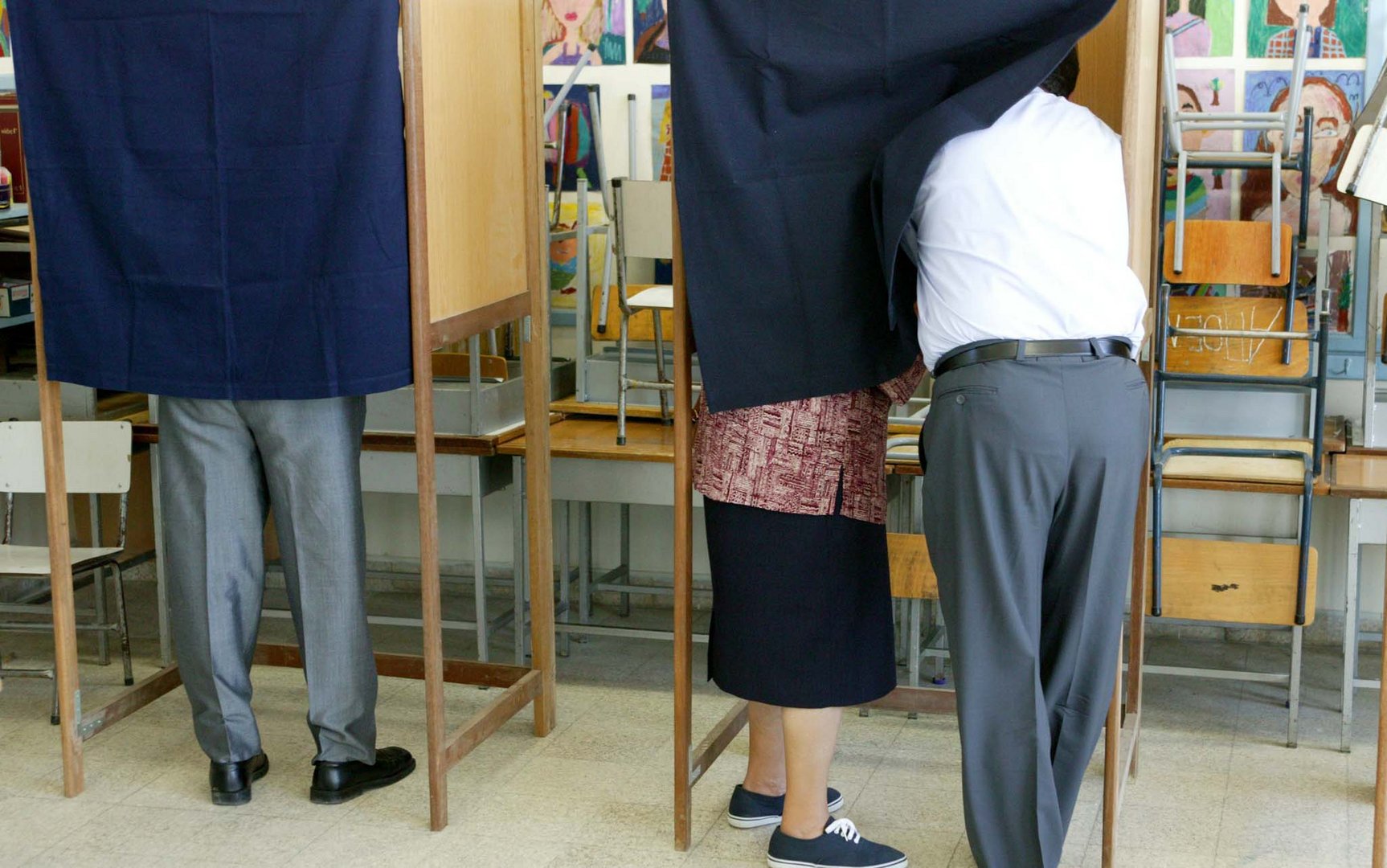A total of 1,461 objections filed regarding the registration of voters for June’s elections were accepted, interior ministry permanent secretary Elikkos Elias said on Friday.
He explained that a total of 41 per cent of the 3567 objections filed were accepted by the interior ministry, following investigations on the matter.
District offices in some cases contacted those whose registrations were subject to objections, with some people not even being able to remember the address at which they had registered.
With all objections now examined, Elias said, “the electoral rolls will be finalised and used for the upcoming elections.”
Speaking about the matter of fraudulent registrations which came to light, he said “some of the incidents were particularly serious”.
With this in mind, he pointed out that fraudulently registering to vote is a criminal offence and said the relevant records would be passed on to the attorney-general’s office.
He refused to be drawn on whether political parties, candidates, or individuals had been behind the fraudulent registrations, saying “I would prefer to let the police do their work.”
Asked about ways in which laws can be changed so as to avoid such offences being committed in the future, he said the interior ministry is investigating how legislation can be changed.
Suspicions remain over what has been described as a “massive” attempt to fraudulently register voters in areas other than those in which they live, with some civil servants potentially set to be accused of complicity in the matter.
The government is not expected to “name and shame” people before the elections, but criminal proceedings are expected to begin in due course.
In addition, the possibility of some candidates filing objections after the elections on June 9 has not been ruled out.
Interior Minister Constantinos Ioannou said on Wednesday that those who fraudulently registered to vote “will be found and dealt with appropriately”.
The objections pertain to voters registering themselves at new addresses or registering to vote for the first time at addresses deemed suspicious.
In addition, multiple news outlets have reported that some voters have registered themselves as living in warehouses, cafés, supermarkets, betting shops, bakeries, vacant plots and even in candidates’ houses.
Elias had said on Tuesday that “mass registrations” were submitted on April 2, the final day on which applications could be submitted.
He added that many of these registrations were submitted by representatives of political parties and candidates.
“They did it on purpose, coming on April 2, at the latest possible date and time, to make it harder for the district offices’ employees,” he said, adding that the interior ministry “as a name for holding elections … correctly and impartially.”
The whistle on the matter had initially been blown in Lakatamia, where mayor Photoula Hadjipapa on Monday alleged “massive and illegal voter movements”.
“If this new page in the book of local government shows even the slightest tolerance for such dishonest practices, practices which constitute a falsification of the democratic will of our people, the blow to our republic will be enormous.”
“For my part, I will do everything possible within the scope of my powers to prevent such undemocratic, immoral, and unacceptable practices from happening. We do not play with democracy,” she said.







Click here to change your cookie preferences